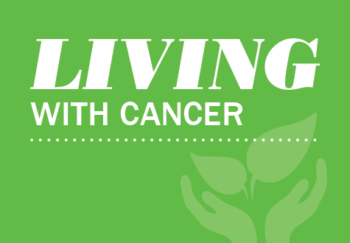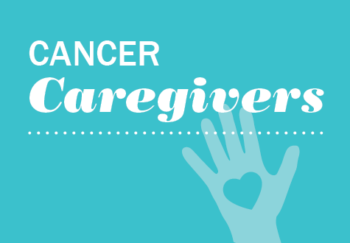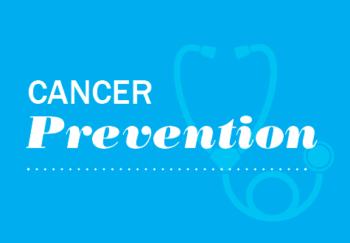
When you have high blood pressure and cancer, it's more important than ever to make healthy lifestyle choices and follow your doctor's instructions.

When you have high blood pressure and cancer, it's more important than ever to make healthy lifestyle choices and follow your doctor's instructions.

Figuring out how to support a cancer caregiver in your life takes some consideration. When making a support package, you can include items like a gift certificate to a local coffee shop or a standing coffee shop conversation.

Read how actress Amy Schumer's career was shaped by her father's multiple sclerosis. Plus, how a routine colonoscopy saved one woman's life and more stories from the latest issue of Vim & Vigor.

Losing a testicle or having prostate cancer can take a toll on a man’s ego. You may feel that testicles represent your masculinity and sexuality. It’s normal when you lose a testicle to worry about how others might view you or to feel concerned about how it will change your…

Women may experience changes to their menstrual cycle while undergoing chemotherapy. PMS and periods during chemo may become irregular or unbearable, but there are tips you can follow to make them more manageable.

Almost 90% of adults show signs of a current or past Epstein-Barr virus infection. While it usually doesn't lead to another serious concern, EBV has connections to certain cancers, including breast cancer.

Even when you’re a full-fledged adult, hearing a parent has cancer is devastating. Depending on your relationship, you may feel a flood of emotions. No matter what emotions come forth, what you’re feeling is both natural and manageable.

Read the remarkable story of a family's history of kidney transplants, focused ultrasound as a treatment option for essential tremor, the recovery of actor Mark Ruffalo from a rare brain tumor and more in the latest issue of Vim & Vigor.

Probiotics are good bacteria that live in your intestines. Foods like yogurt have live cultures that keep your immune system healthy. Add probiotics to your diet to reap their benefits, which include potential cancer prevention.

The latest UVA research, Jan 2017: Obamacare's impact on cancer screening, new treatment for dry eye, reducing pain and opioid use, and more.
Get stories & health tips every week